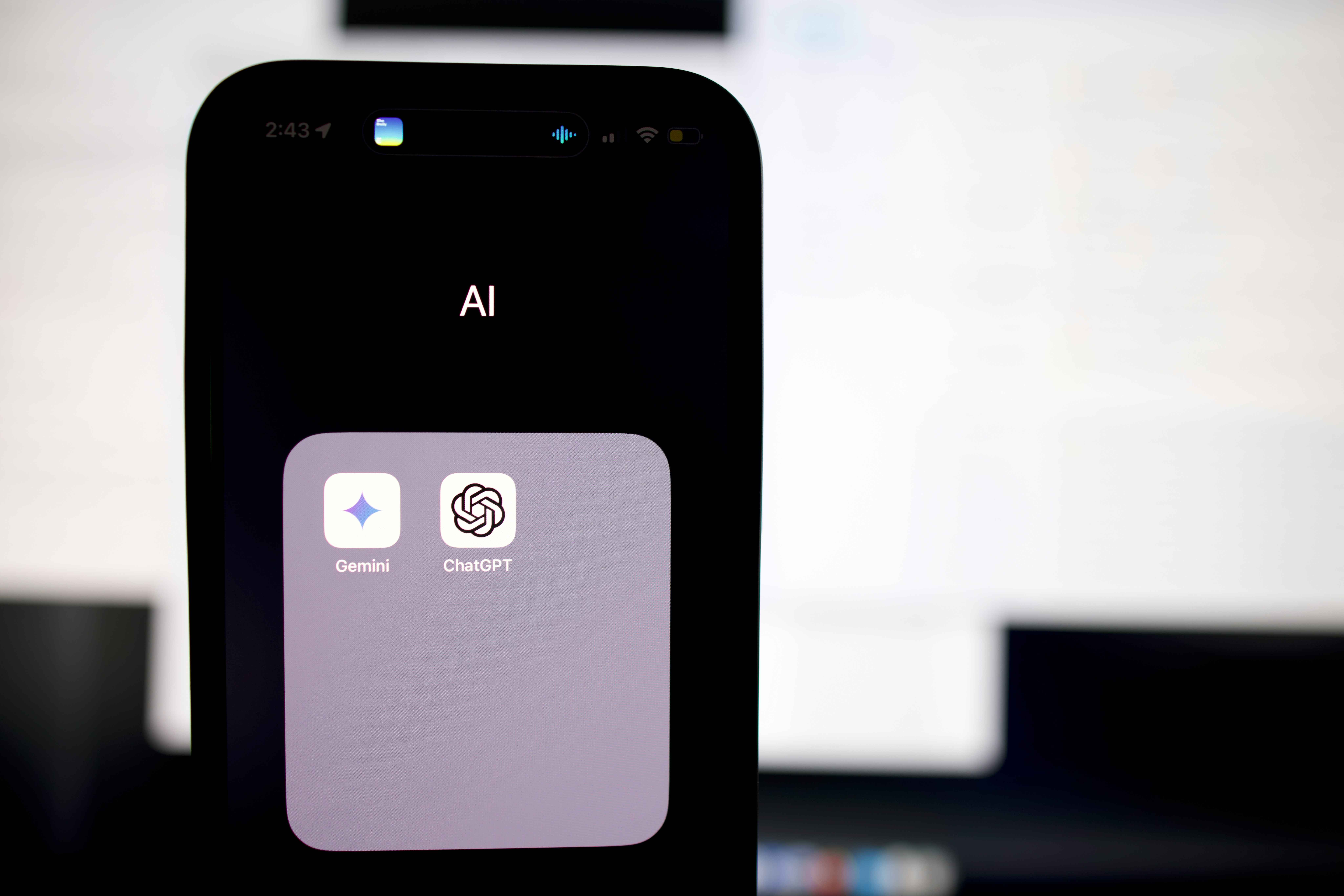
In today’s fast-paced, hyper-connected world, loneliness has become a pervasive issue affecting millions of people globally. Despite the abundance of communication tools and social media platforms, many individuals still feel isolated and disconnected. The reasons for this loneliness are varied—ranging from social anxiety and the challenges of maintaining relationships to geographical separation or even the quiet struggles of mental health issues like depression. In recent years, however, a new digital solution has emerged that offers a sense of companionship and emotional support: AI-driven chatbots, particularly ChatGPT.
ChatGPT, a language model developed by OpenAI, has made significant strides in its ability to engage users in meaningful, empathetic conversations. While it is not a replacement for human interaction, ChatGPT has proven to be an effective tool in helping individuals combat loneliness by providing companionship, emotional support, and a space for self-expression. In this blog, we will explore how ChatGPT is helping those who feel alone and how it can serve as a valuable resource in managing loneliness in the modern world.
1. The Rise of Loneliness in the Digital Age
Loneliness is a complex and multifaceted issue that can affect anyone, regardless of age or background. In a time when we are more connected than ever before through technology, many paradoxically report feeling more isolated. This is often due to the superficial nature of digital communication, which lacks the depth and emotional connection of face-to-face interactions.
Social media, for example, may give the illusion of connection but often leaves people feeling empty or inadequate due to the curated, idealized representations of others’ lives. Additionally, the challenges of remote work, lack of in-person social interactions, and the stress of maintaining long-distance relationships can all contribute to feelings of isolation.
The COVID-19 pandemic further exacerbated these feelings of loneliness, as lockdowns and social distancing measures made it difficult for individuals to meet in person. During these times, many sought solace in digital spaces, but the gap between virtual interactions and real-world companionship remained significant.
As loneliness continues to rise as a public health issue, especially among young people and the elderly, the need for new, accessible solutions becomes more apparent. ChatGPT and similar AI technologies are stepping in to fill this gap, offering a form of companionship that is available at any time and can be tailored to each individual’s emotional needs.
2. ChatGPT as a Digital Companion
One of the most compelling ways in which ChatGPT helps combat loneliness is by providing users with an accessible, non-judgmental, and always-available source of interaction. Unlike social media platforms or messaging services that may require specific groups of friends or acquaintances to be available, ChatGPT is there whenever someone needs to talk. Its versatility allows it to serve as a personal companion that can engage in a wide range of conversations—whether someone wants to discuss their day, seek advice, or simply have a casual chat.
Personalized Conversations
ChatGPT can engage in dynamic, personalized conversations based on the user’s interests, preferences, and emotional state. For example, if someone is feeling down or anxious, ChatGPT can offer comforting words, encourage relaxation techniques, or simply provide a friendly ear. Unlike conversations with real people, where there may be concerns about judgment or burdening others with personal problems, ChatGPT provides a safe space where individuals can express their thoughts and emotions freely.
Emotional Support
While ChatGPT is not a licensed therapist and cannot replace professional mental health care, it has been designed to provide basic emotional support. It can help users process their feelings by engaging in empathetic dialogue, offering positive affirmations, or even suggesting self-care activities. For individuals struggling with feelings of loneliness, ChatGPT can provide a sense of validation and comfort during difficult times, helping them feel heard and understood.
Anonymity and Privacy
Many people experience loneliness due to the fear of vulnerability in real-life relationships. Talking to a stranger or even a friend about personal struggles can feel intimidating or overwhelming. ChatGPT offers an anonymous, private interaction where users can open up without fear of judgment. This privacy allows users to share their true feelings without worrying about how their emotions might be perceived by others.
3. Encouraging Meaningful Conversations
Loneliness is not just about the absence of company; it’s also about the lack of meaningful connection. ChatGPT helps users foster deeper, more fulfilling conversations by engaging them in topics that resonate with their emotions, interests, and curiosities.
Exploring Interests and Hobbies
Sometimes, loneliness arises from a lack of shared experiences or activities. ChatGPT can encourage users to explore new hobbies or rediscover old passions. Whether it’s recommending books, discussing favorite movies, or learning a new skill together, ChatGPT can introduce topics that inspire curiosity and keep conversations lively and engaging.
Promoting Reflection and Self-Expression
Another way ChatGPT helps combat loneliness is by encouraging users to reflect on their experiences and express themselves. Journaling, for instance, is a powerful tool for managing emotions and fostering self-awareness. ChatGPT can serve as a virtual journal, prompting users to think about their day, their feelings, or their goals. By writing or speaking to ChatGPT, users can process their emotions and gain clarity, which helps reduce the emotional weight of loneliness.
4. Building Confidence and Social Skills
For those experiencing social anxiety, loneliness can often be tied to an underlying fear of social interactions. People who feel nervous or awkward in group settings may avoid socializing, which only deepens their sense of isolation. ChatGPT can act as a safe space for practicing social skills without the pressure of real-world consequences. Users can engage in practice conversations, ask for advice on how to approach social situations, or even rehearse responses to common social scenarios.
By offering a low-pressure environment to practice communication, ChatGPT helps users build confidence and prepare for more meaningful interactions in the future. Over time, this practice can help individuals become more comfortable with socializing, ultimately reducing their feelings of loneliness.
5. The Future of AI Companionship in Combating Loneliness
While ChatGPT is an innovative tool for managing loneliness, it is just the beginning of what AI technology can offer. As AI models continue to improve, future iterations of ChatGPT and similar platforms will likely become even more adept at understanding human emotions, offering tailored support, and engaging in deeper conversations.
In the long term, AI-driven companions could complement traditional mental health support systems, providing users with a valuable tool for emotional regulation, self-reflection, and even behavioral therapy. As society continues to confront the challenges of loneliness, digital companions like ChatGPT will likely play an increasingly important role in helping people feel more connected and supported.
Conclusion
Loneliness is a complex issue that affects millions of people worldwide, but AI technologies like ChatGPT are proving to be a valuable resource in mitigating these feelings of isolation. By offering personalized, empathetic conversations, emotional support, and a safe space for self-expression, ChatGPT provides users with a unique form of companionship that is accessible anytime, anywhere. While it cannot replace human connection, it offers a helpful bridge for those in need of someone to talk to.
As technology continues to evolve, the potential for AI companions to support mental health and combat loneliness will only grow. For now, ChatGPT offers a comforting presence in the digital age, proving that even in a world of virtual interactions, no one has to feel completely alone.
Asif Bc
Aspiring blogger in Kerala sharing insights on technology and mental health to inspire mindful living.


.jpg)

0 Comments